NBA's Best Sixth Men
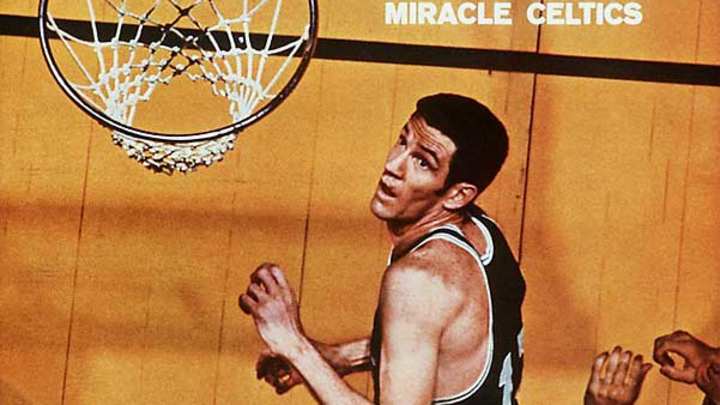
NBA's Best Sixth Men
John Havlicek

Manu Ginobili brings star talent to his ''understudy'' role with the San Antonio Spurs and has a chance, if the early-season formula holds, to become the first Sixth Man Award winner since 1996 to help his team win the NBA championship. Here are some of the great Sixth Men in NBA history, before and since the award was inaugurated in 1983: <br><br>Havlicek wasn't the first Sixth Man in league or even Boston Celtics history -- Red Auerbach used Frank Ramsey well enough in that role to earn the Kentucky all-American a spot in the Hall of Fame. But Havlicek turned his backup status into a status symbol in the 1960s, outhustling everyone on the court with a marathon-man running style and subbing his way up to 10th on the NBA's all-time scoring list (26,395 points).
Billy Cunningham
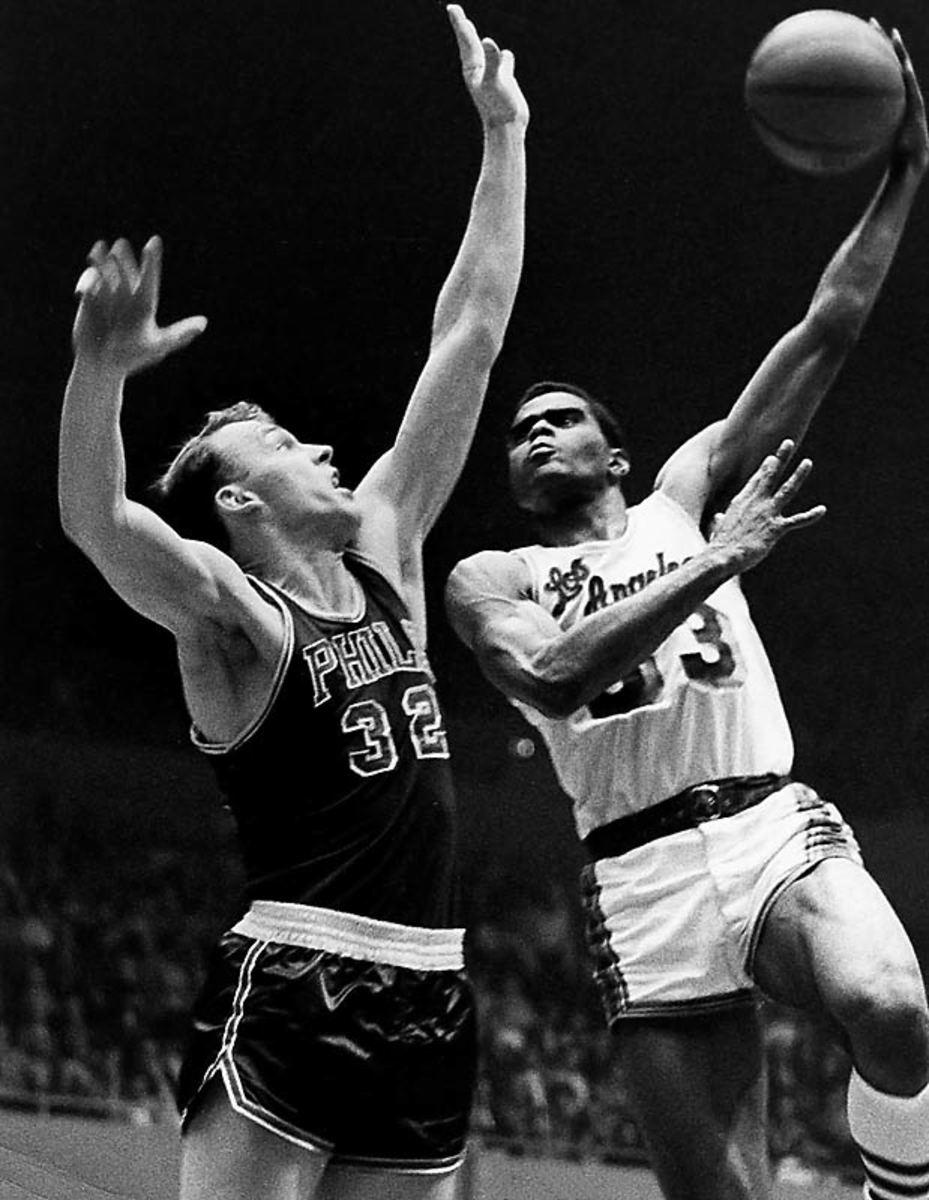
Known as ''The Kangaroo Kid'' for his leaping ability, Cunningham played the Sixth Man role on the 1966-67 Philadelphia team that won a then-record 68 games with stars such as Wilt Chamberlain, Hal Greer and Chet Walker. He made four straight All-Star appearances (1969-72) before jumping to the ABA Carolina Cougars and winning that league's MVP trophy in 1972-73. Later, Cunningham became one of the NBA's great coaches, reaching 200, 300 and 400 victories faster than anyone before him and bring a title back to Philly in 1983.
Fred (Downtown) Brown
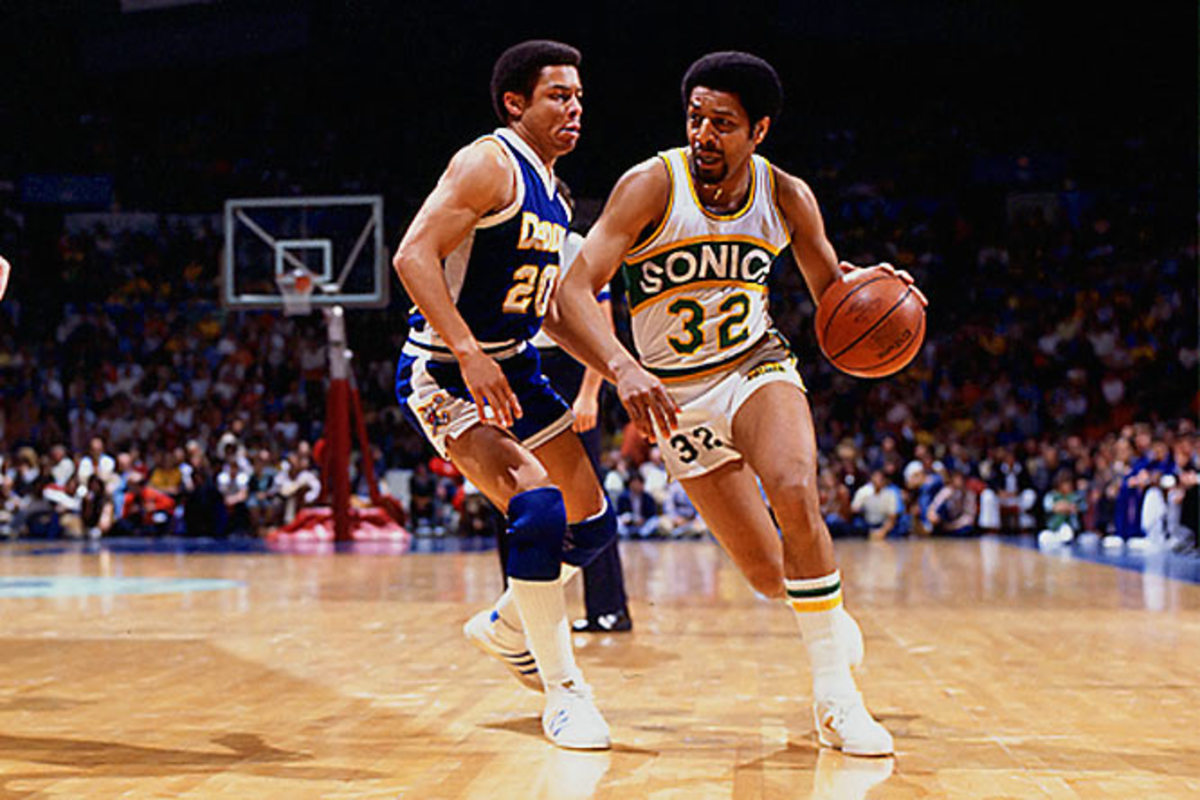
Brown already had been a starter and an All-Star for Seattle when coach Lenny Wilkens teamed Gus Williams and Dennis Johnson in the backcourt. So Brown slipped into an instant-offense role that meshed perfectly with his nickname and averaged 16.6 points in 1977-78, second-best on a Sonics team that reached the Finals. The next year, Brown contributed 14.0 ppg to Seattle's only NBA title -- it would have been more had the three-point line been in use. In 1979-80 it was, and Brown led the league by hitting 44.3 percent (39 of 88).
Kevin McHale
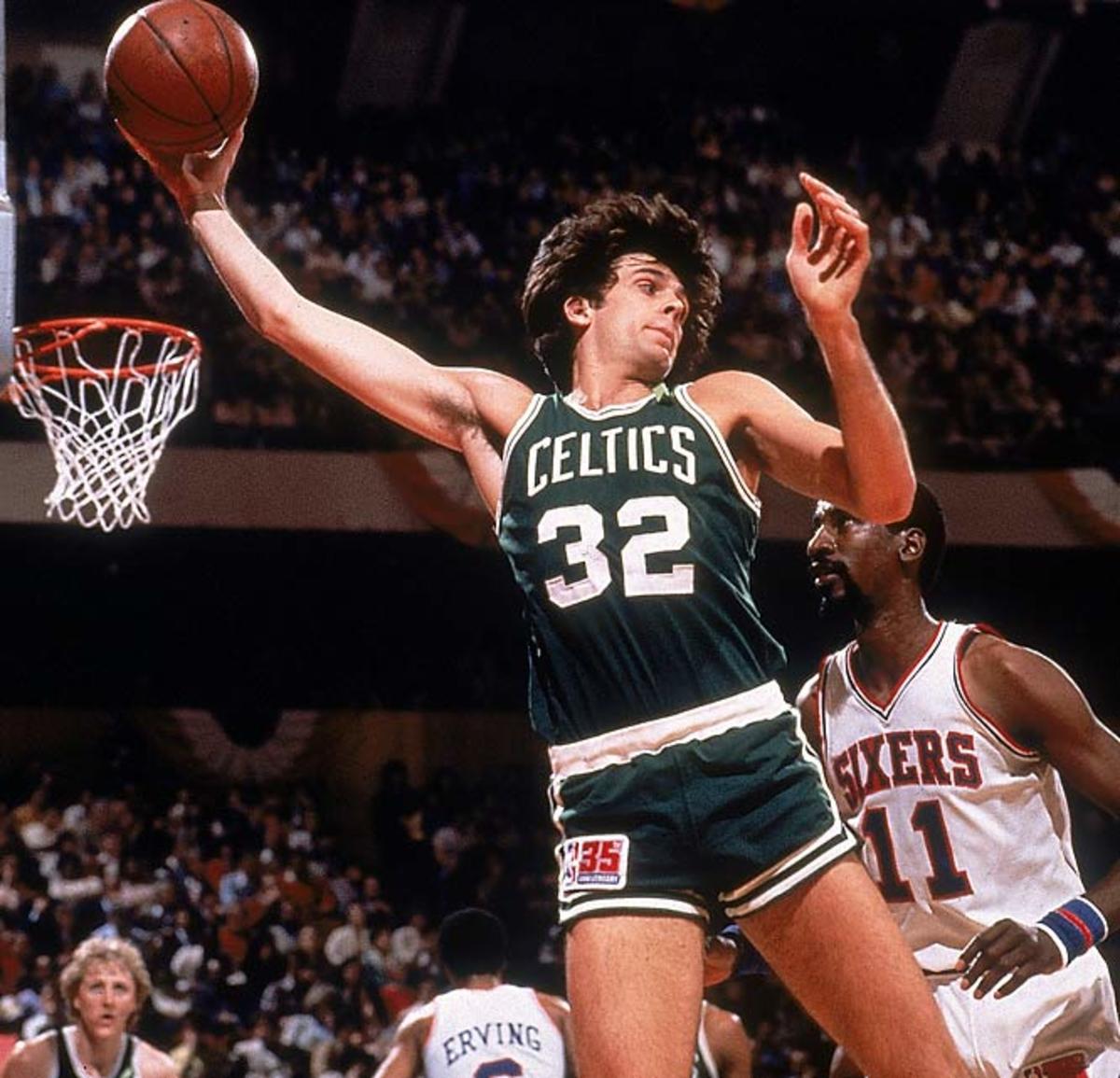
People remember McHale as one of Boston's original Big Three with Larry Bird and Robert Parish. But the 6-foot-10 power forward from Hibbing, Minn., came off the Celtics' bench for most of his first five seasons and won the Sixth Man award in both 1984 and 1985. McHale said he enjoyed his life as a sub, watching the game to see where he could fit in best and then, with his variety of low-post offensive moves, taking advantage of opponents' backup big men.
Michael Cooper
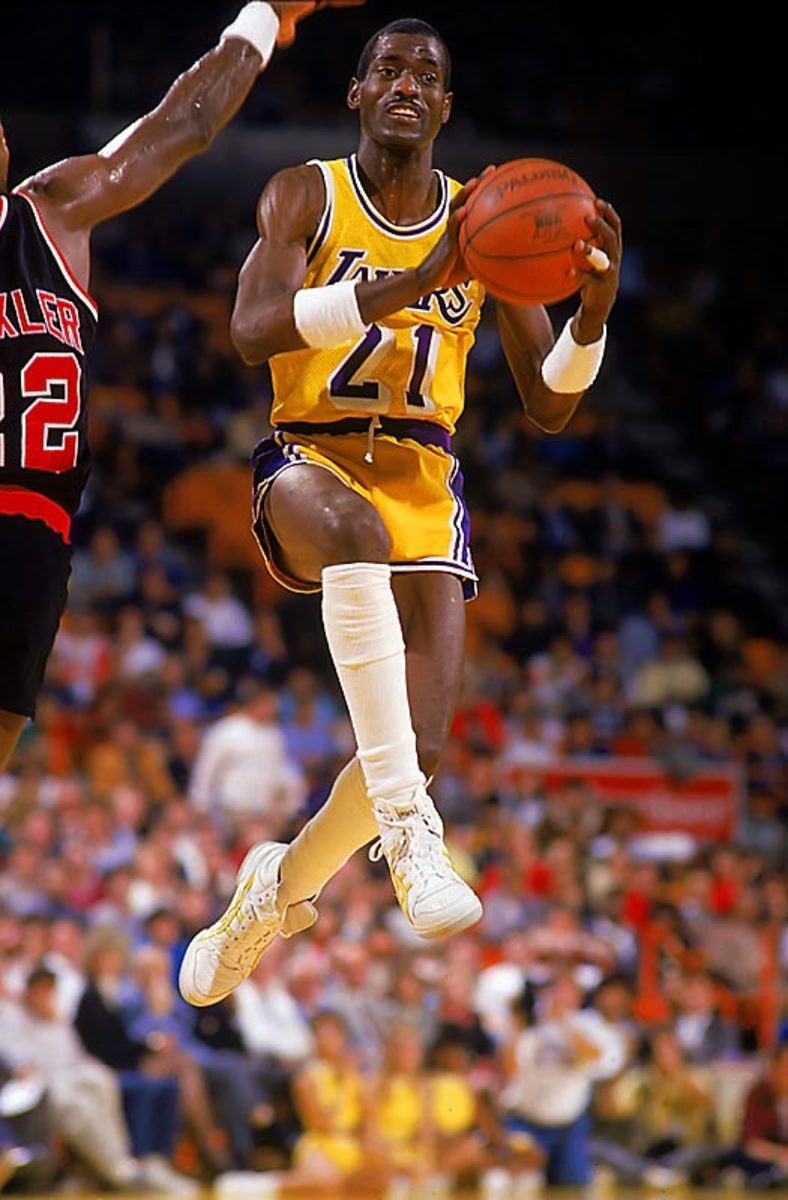
''Coop'' started only 94 times in an NBA career that lasted 873 games and 12 seasons, but the ''Showtime'' Lakers were at their best when Cooper was on the court, dimming the lights of someone else's big scorer. No less an authority than Boston's Larry Bird called Cooper the best defender he ever faced. Cooper never won the Sixth Man award, but the wiry 6-foot-7 product of New Mexico won five championship rings and anchored eight NBA all-defensive squads.
Bill Walton
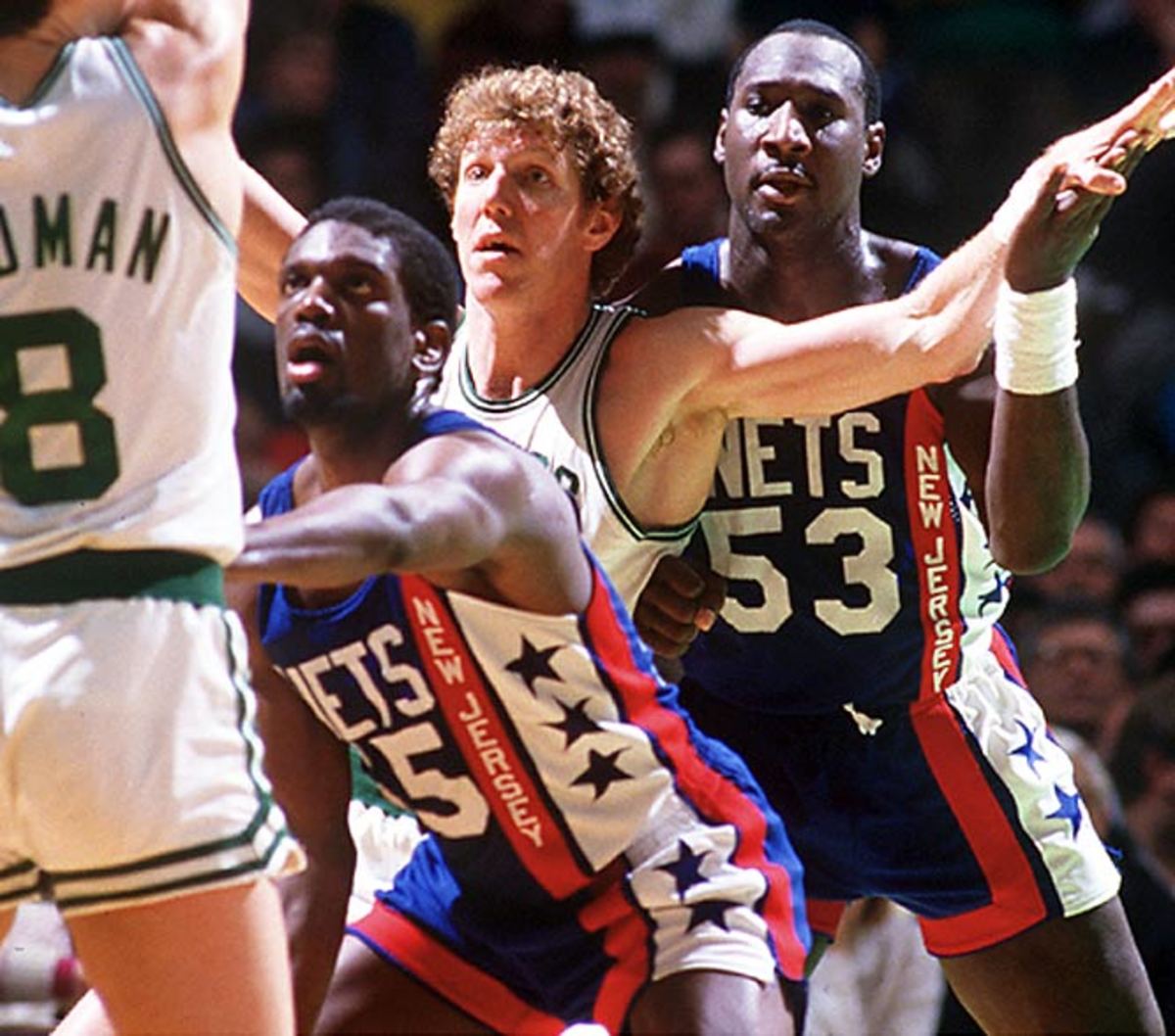
Nine years after he led Portland to an NBA title, eight years after he was the league's Most Valuable Player and four years after he played a mere 14 of a possible 328 games due to foot injuries, Walton resuscitated his career for one glorious season in Boston. He took McHale's place on the bench and subbed his way to 7.6 points, 6.8 rebounds, almost 20 minutes per game and the 1986 Sixth Man award. He played just 10 regular-season games and 12 postseason games after that.
Ricky Pierce
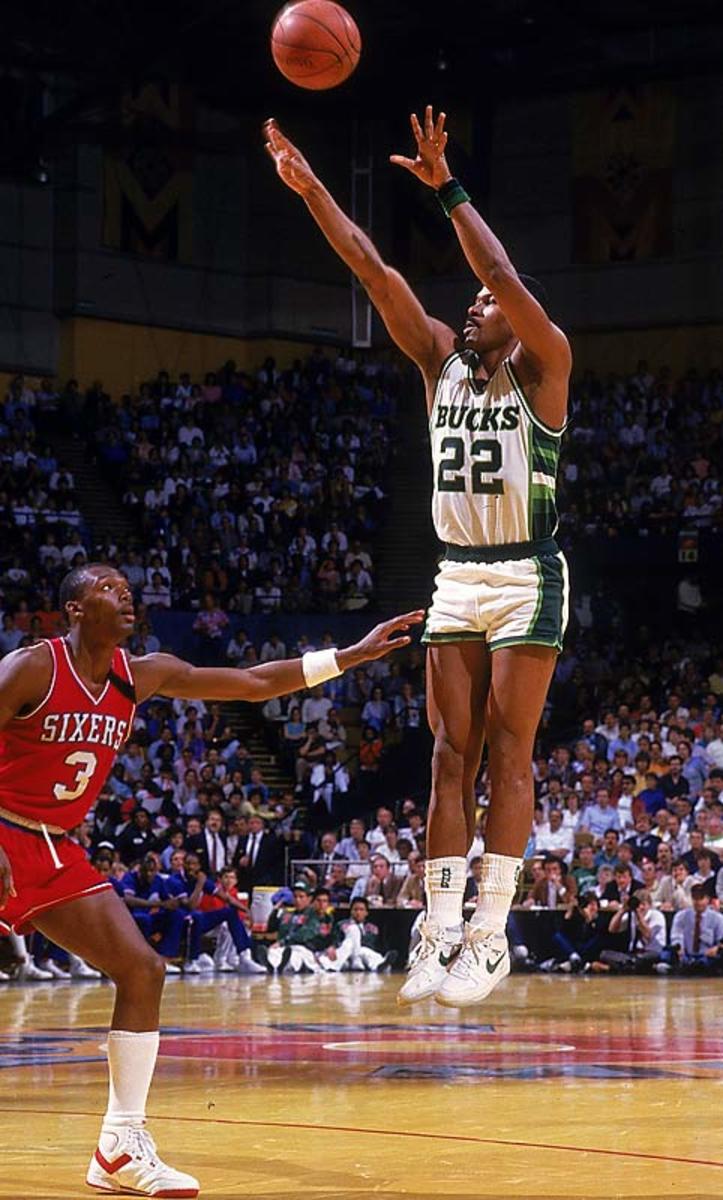
Pierce was a strong, methodical, sweet-shooting swingman from Rice with a post-up game that helped him averaged 19.5 points in 1986-87, second-best on the Bucks and good enough for the Sixth Man award. Three years later, his 23.0 average -- in 29.9 minutes per game -- was almost eight points better than Milwaukee's second-leading scorer, earning Pierce his second Sixth Man title.
Vinnie Johnson
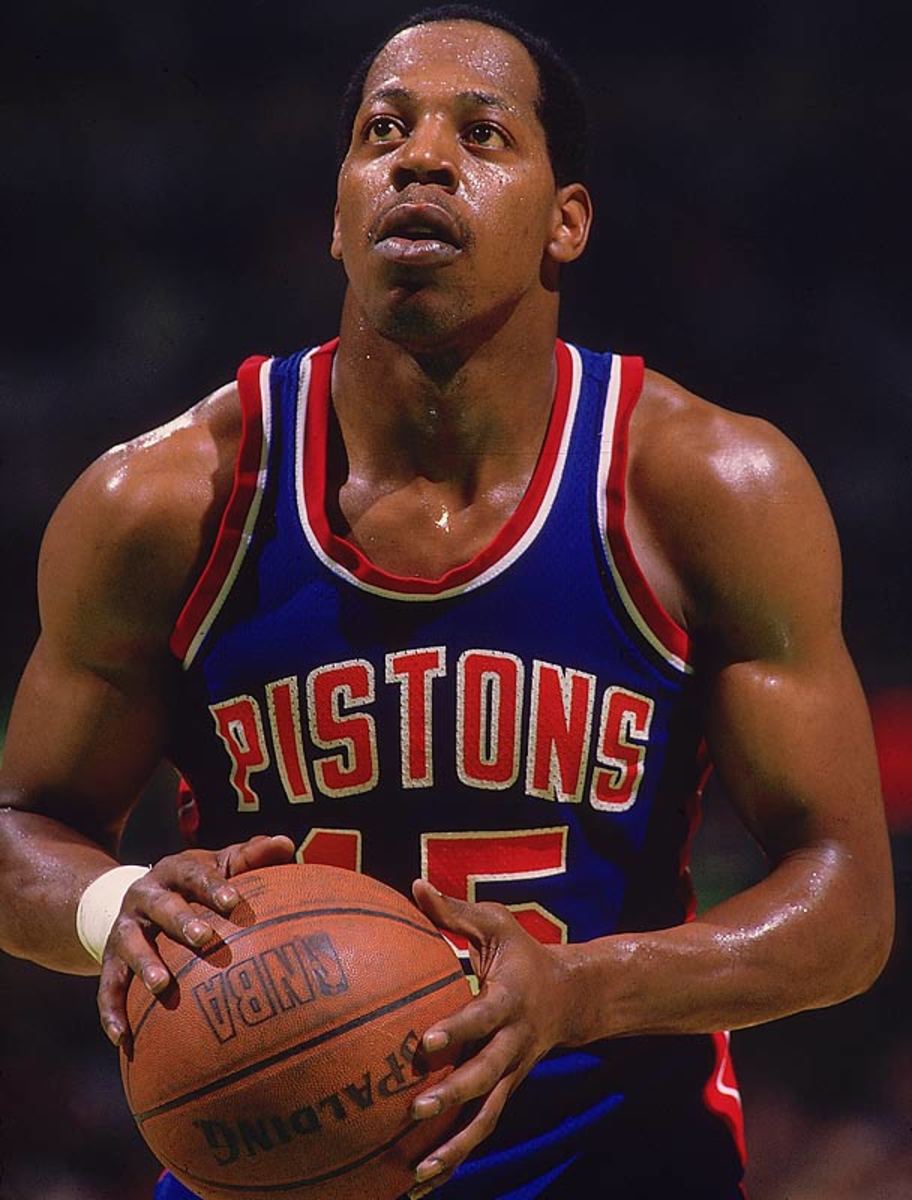
In what seems like one of the great oversights in NBA trophy history, ''The Microwave,'' as Johnson was known during his heyday with the Detroit Pistons, never was selected as the league's top reserve. All he did was help the notorious ''Bad Boys'' to consecutive championships in 1989 and 1990, usually by spelling Isiah Thomas or Joe Dumars in the backcourt and letting it fly. But the squat shooter was 32 and 33 in those two seasons; his best super-sub year was 1986-87, when he averaged 15.7 points.
Detlef Schrempf
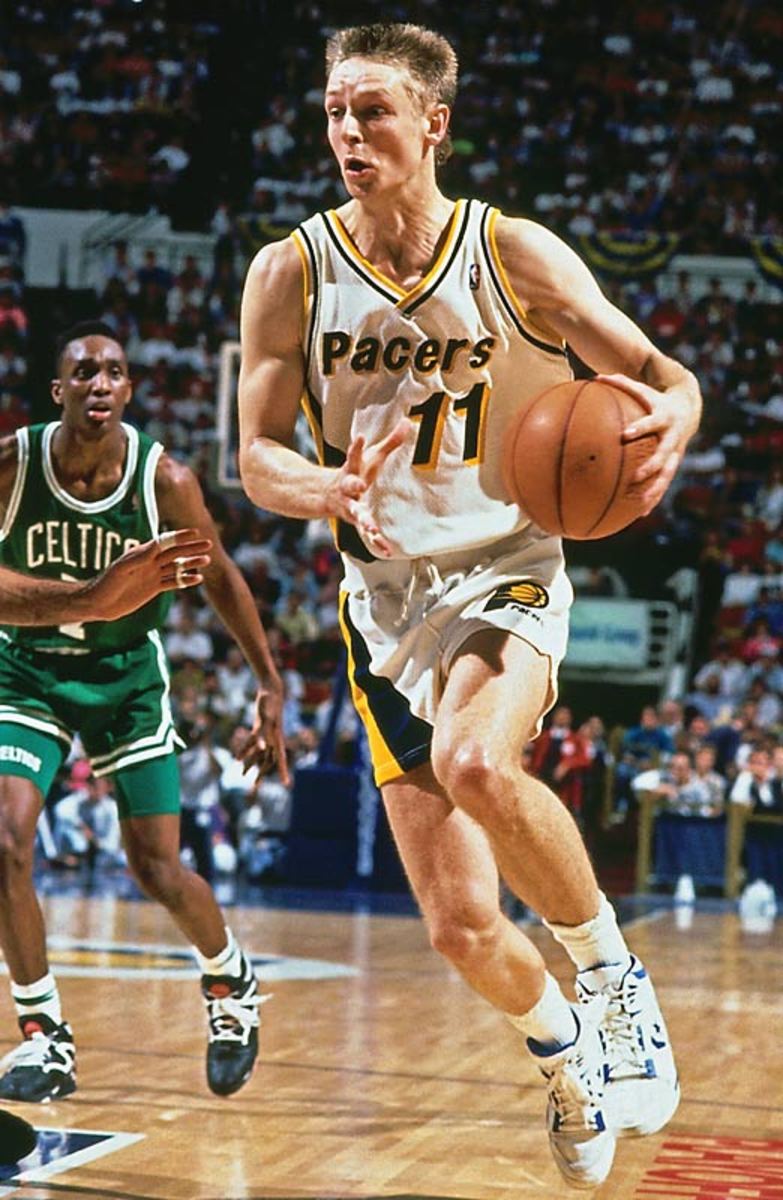
Like McHale and Pierce, Schrempf won the Sixth Man award twice, with Indiana in 1991 and 1992. Back before international players were all the rage, the Leverkusen, Germany-born Schrempf -- who admittedly finished high school and attended college in Washington state -- was taken eighth in the 1985 draft by Dallas. Traded to the Pacers, the 6-foot-10 sharpshooter averaged 16.1 points and 7.9 rebounds in four years there. By 1992-93, he was starting and earning an All-Star berth.
Toni Kukoc
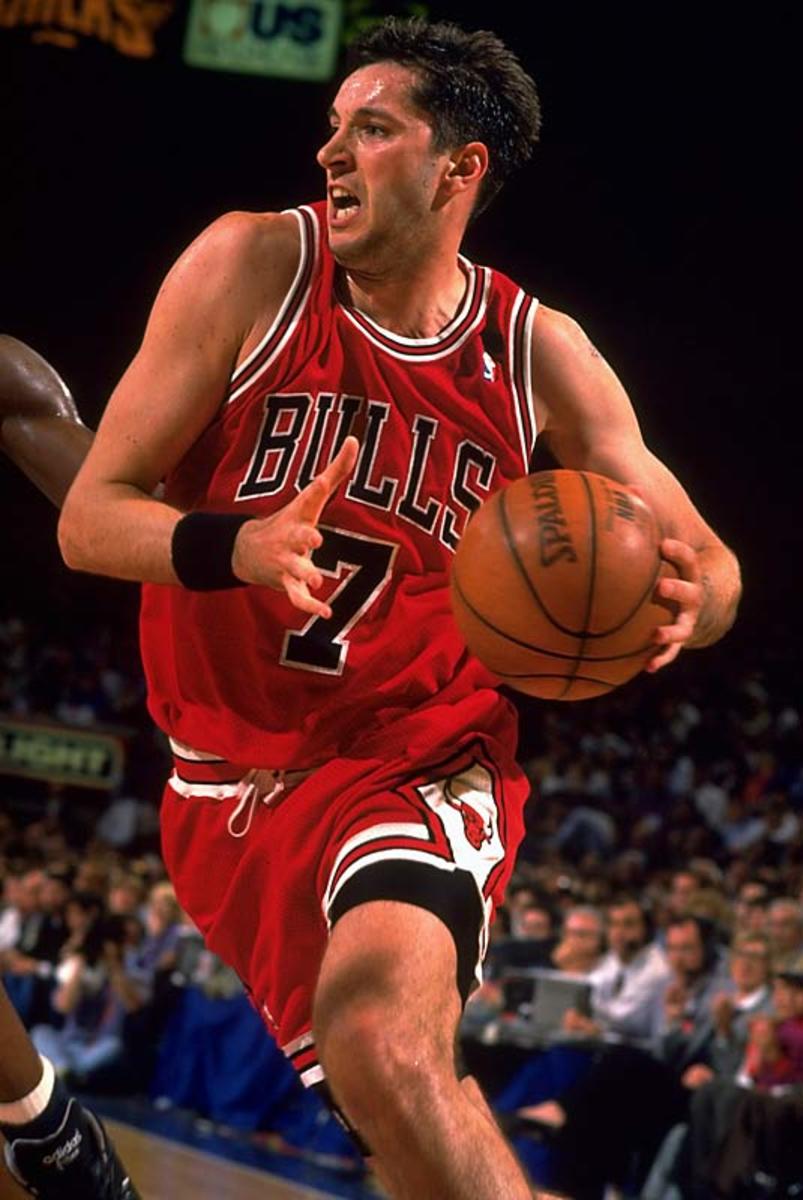
Kukoc, a star in Europe before joining the Bulls during Michael Jordan's first retirement, was similar to Ginobili in sometimes subbing, sometimes starting. He is the last Sixth Man award winner whose team won the NBA championship; Kukoc came off the bench 61 times in 81 appearances for Chicago in 1995-96, averaging 13.1 points (second-lowest in his first seven NBA seasons).
